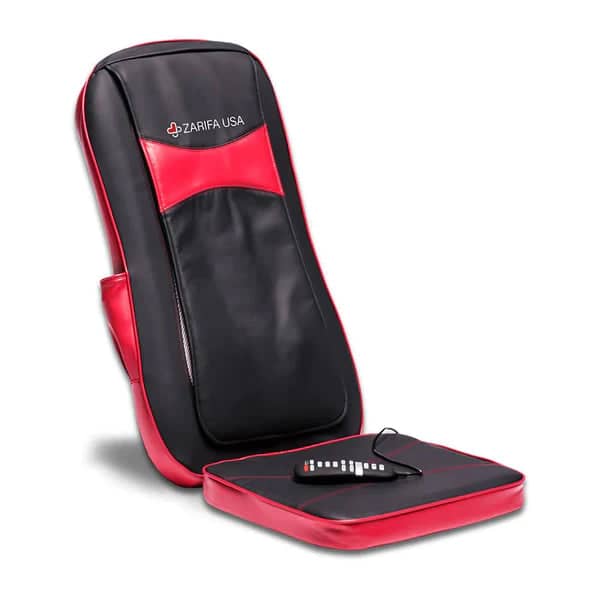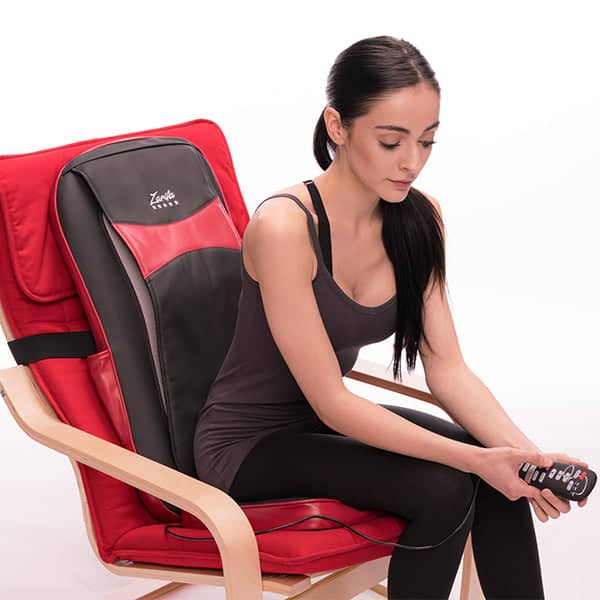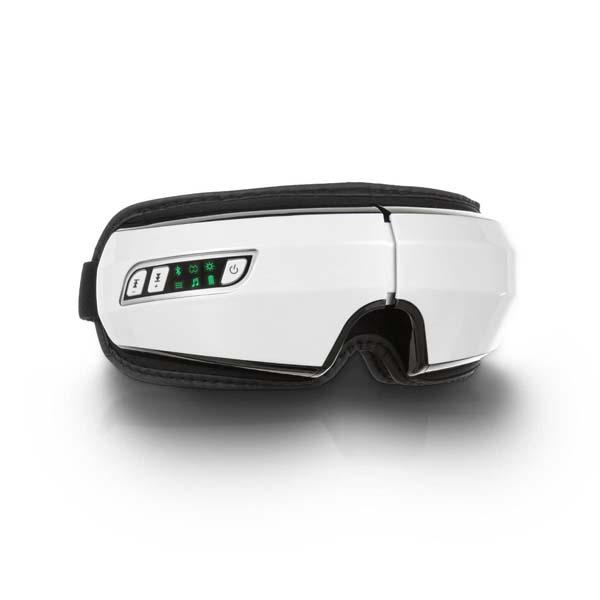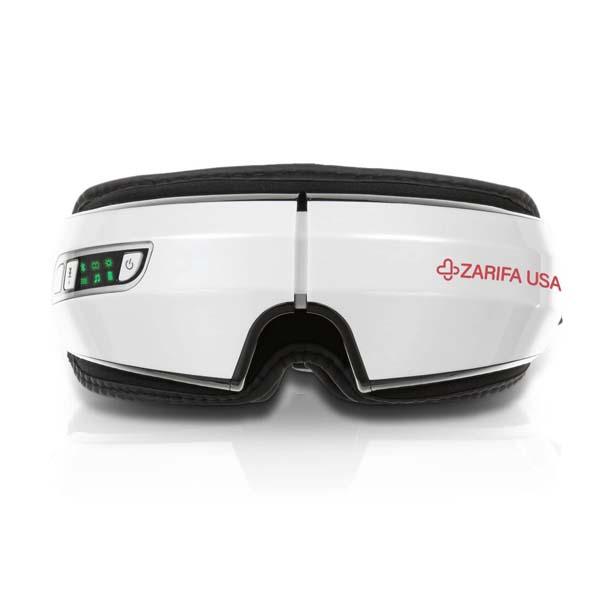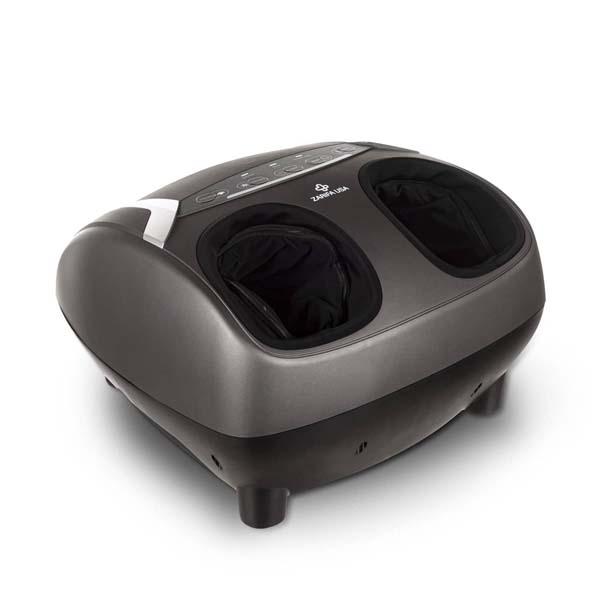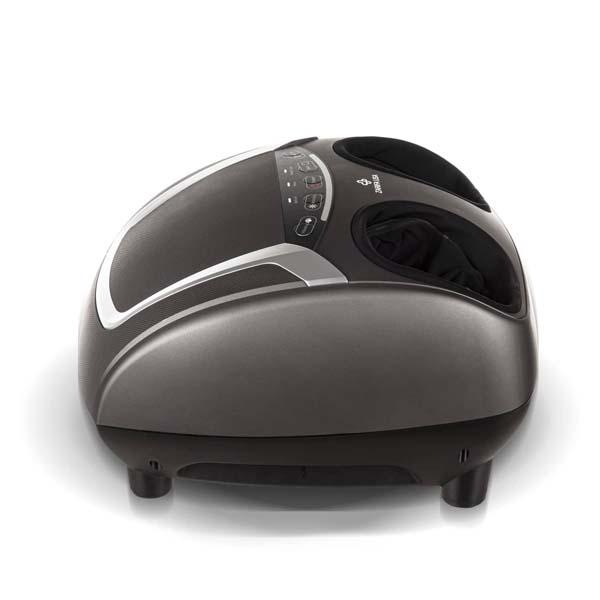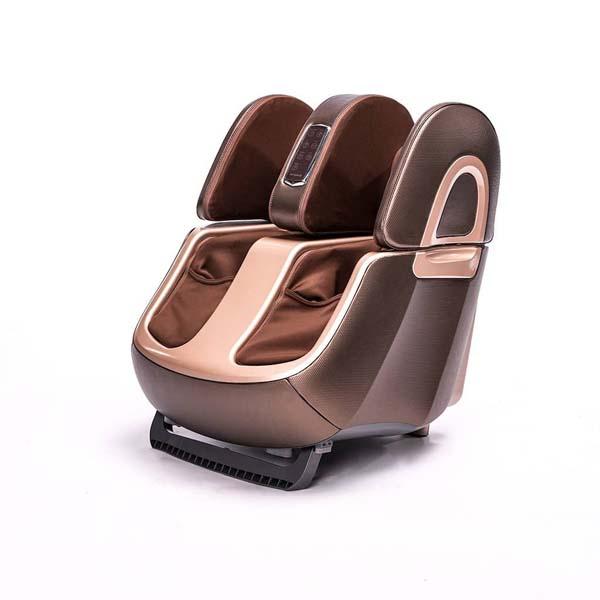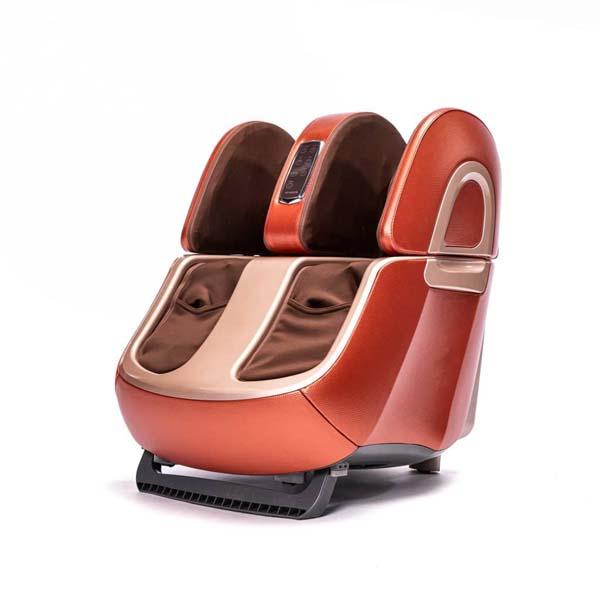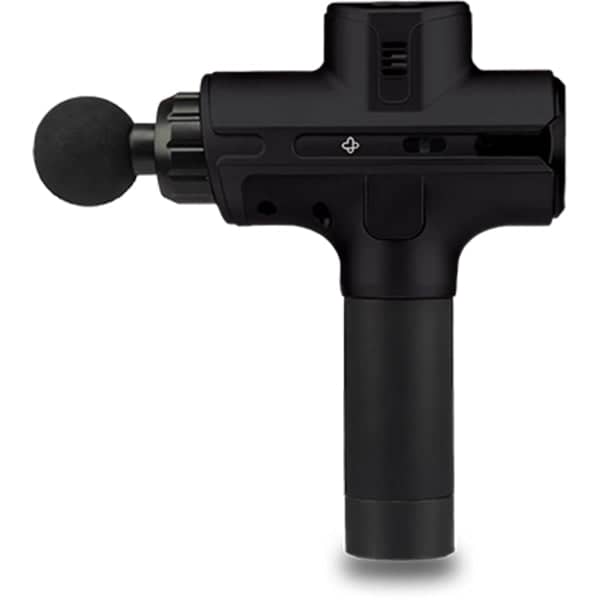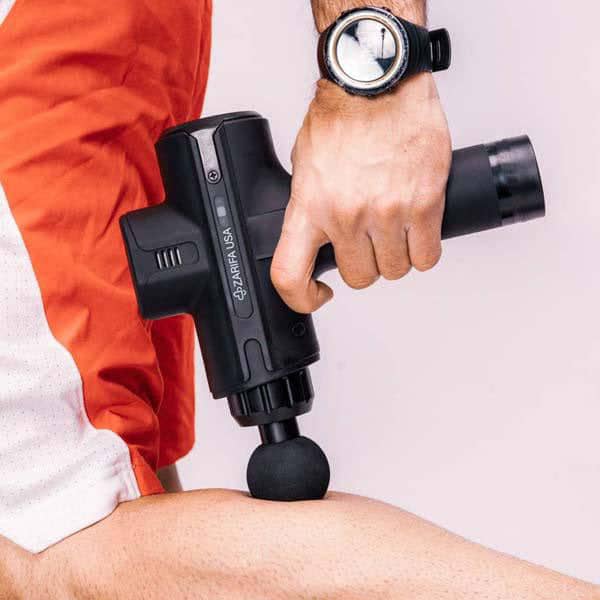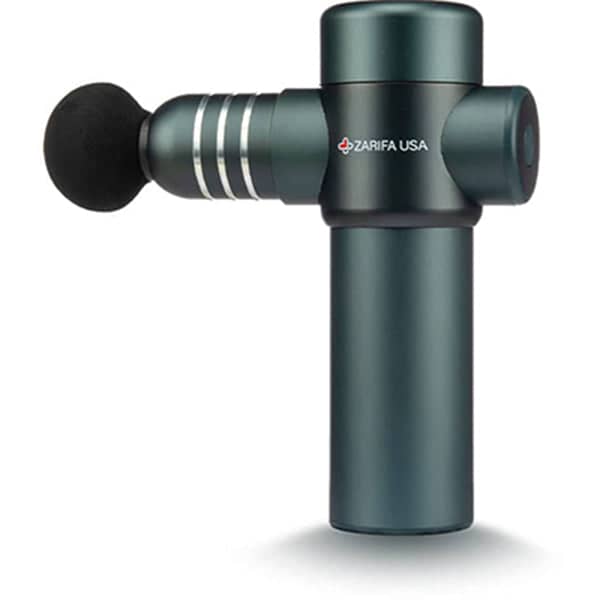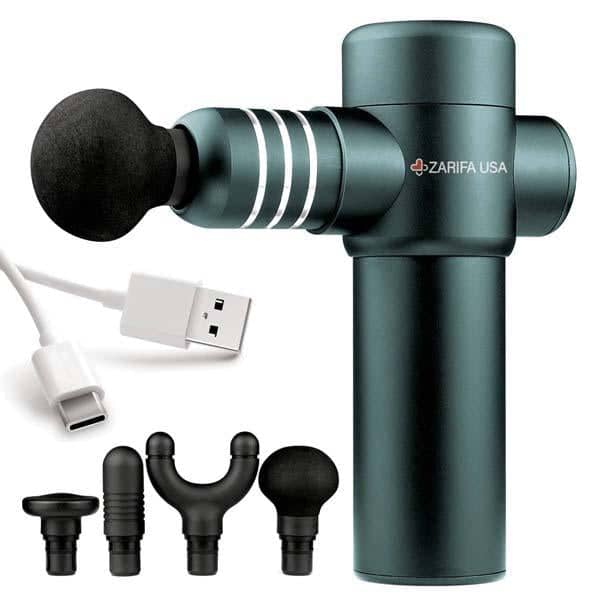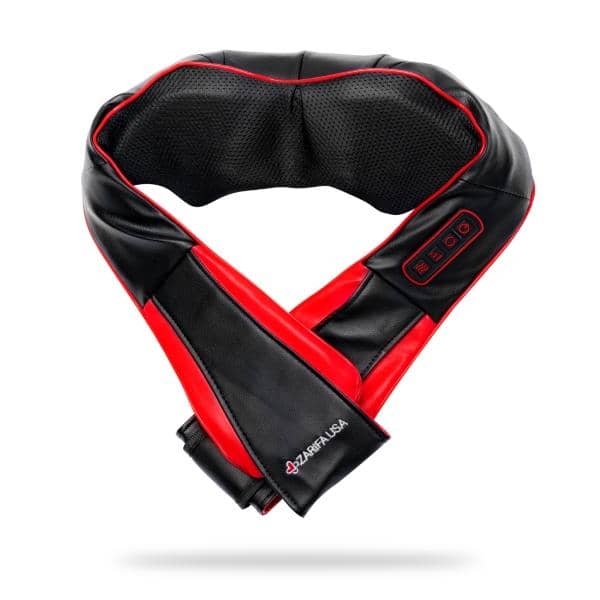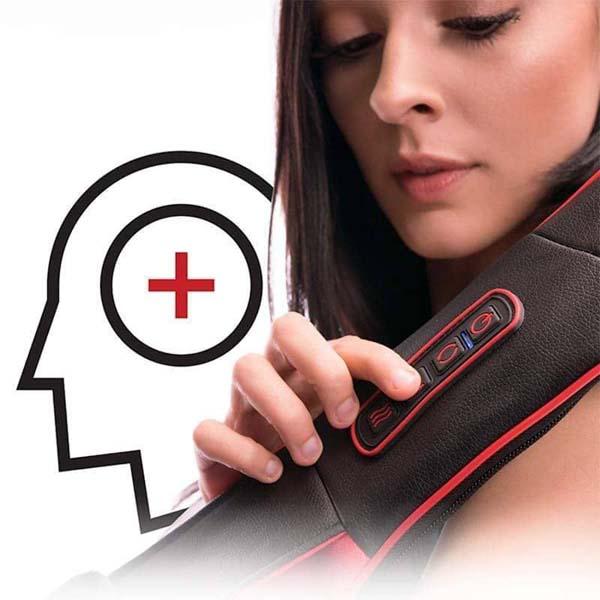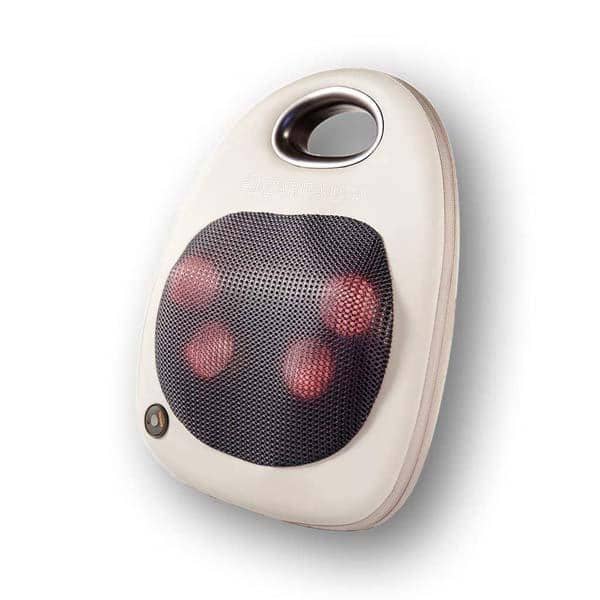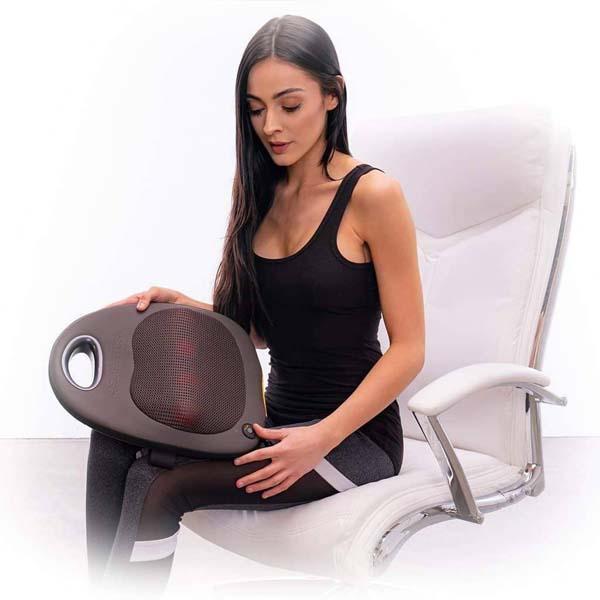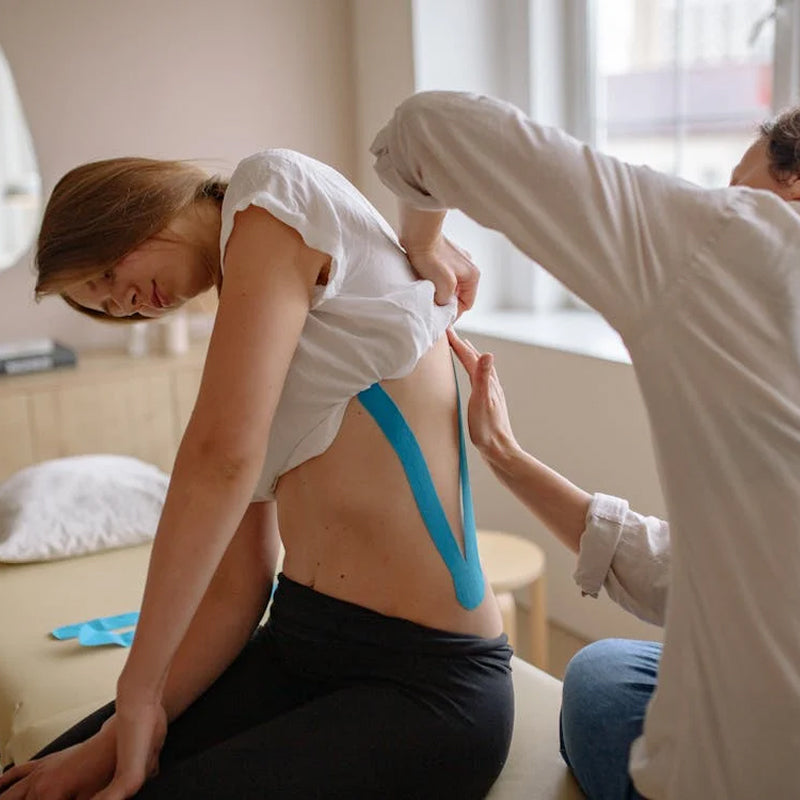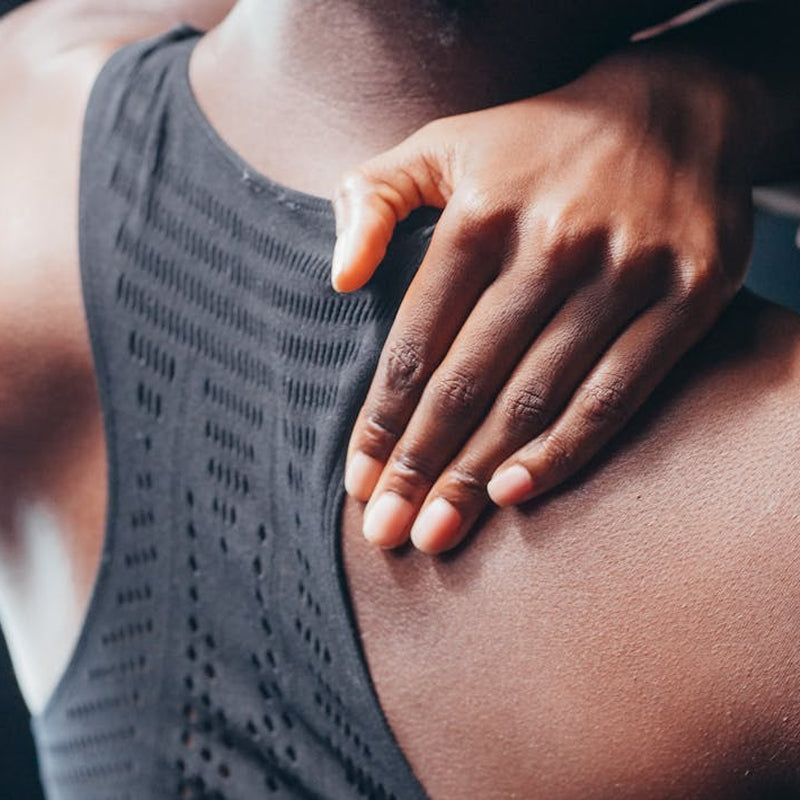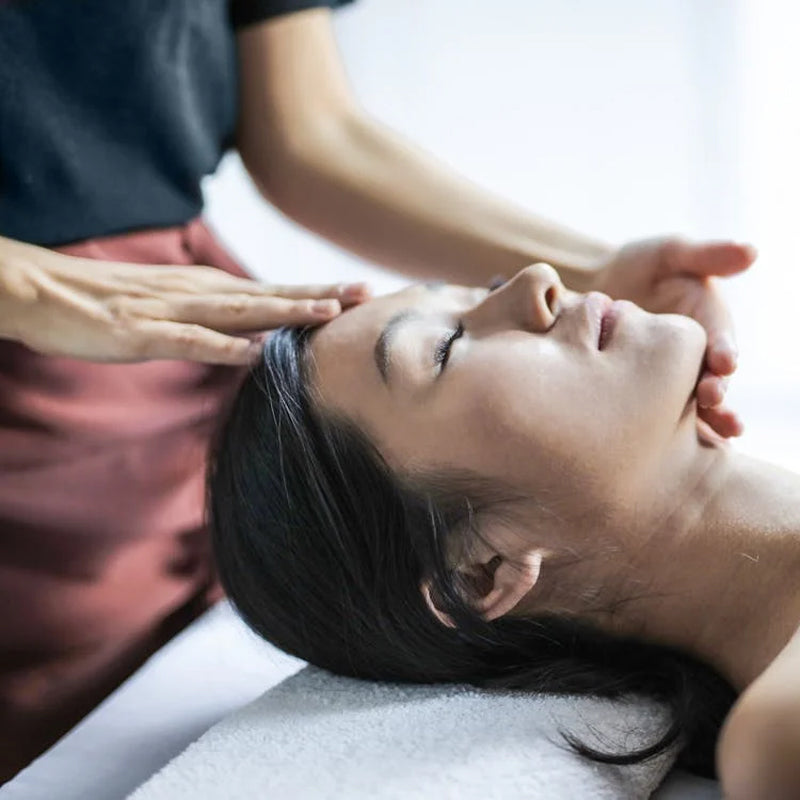Massage therapy has a long history of proven health benefits. They can improve your heart health and overall fitness by enhancing blood circulation and helping to relieve pain.
When massage chairs first emerged on the market, they were thought to be best for relaxation. While they do deliver on that objective, massage chairs can do much more.
Keep reading to learn how massage chairs benefit heart health, whether they are safe to use with heart disease, and precautions for using massage chairs for heart patients. We’re going to cover it all!
Why use massage chairs for heart disease?
Heart disease is affecting more people than ever before. According to a report by the American Heart Association, 1 out of every 2 Americans is living with some form of heart disease.
A report by CDC shows that heart disease is the leading cause of death in the US. Every 30 seconds, an American adult dies of heart disease.
New research indicates that regular massage therapy can reduce your risk of heart disease and effectively complement treatments for heart diseases.
You may be asking, “why massage chairs and not a masseuse?” The answer is simple.
Massage chairs are as effective as a masseuse at delivering all the benefits of massage for heart health. A massage chair has a lot of other perks, too that make it superior to a masseuse. Additionally, massage chairs can help manage and treat lower back pain, although licensed massage therapists provide hands-on therapy that is essential in certain situations.
Is it safe to use a massage chair with a heart condition?
Your safety is the priority when using a massage chair. That’s why we recommend consulting a heart specialist to properly evaluate your condition. Your doctor can help you work out the right massage therapy for cardiovascular diseases such as heart attack, arrhythmia, or heart failure. Your cardiologist is the most reliable source of advice about massage treatment.
According to the British Heart Foundation, while massage therapy is generally safe for heart health, some heart conditions —such as edema (fluid collection) in your limbs or abdomen and sudden changes in blood pressure— require specific precautions.
A randomized controlled trial evaluated the safety and benefits of massage for patients after heart surgery. Researchers found that massage therapy is safe for heart patients. It reduces the baseline blood pressure in patients after heart surgery.
In summary, using massage chairs is generally good for heart health. However, it is essential to discuss specific benefits, precautions, and practices with your doctor. Massage chairs can help relax and relieve tight muscles, leading to improved circulation and posture.
Heart health benefits of massage chairs
It is better to address the disease at its root cause than to keep taking medicines to mask your heart disease symptoms. Regularly using a massage chair for your heart helps you do that effectively.
The general health benefits of massage therapy, such as reduced stress and anxiety, pain relief, and increased range of motion supplement your heart health in one way or another. Here are some proven mechanisms of how massage chairs keep your heart healthy.
Massage chairs can enhance blood circulation and relax sore muscles, which helps alleviate common body aches, reduce stress, and improve overall comfort.
Controls blood pressure
High blood pressure can lead to many other heart diseases such as heart attack, stroke, diabetes, kidney problems, and blindness. Regular use of massage chairs helps effectively control hypertension and its deadly consequences. Deep tissue massage, in particular, can target specific issues and provide significant benefits for blood pressure control.
According to a 2014 study, a 60-minute back-massage session can lower your blood pressure by 10mmHg and reduce your heart rate by 10 beats per minute. That’s as much as you get from taking antihypertensive medicines for life.
Another study evaluated the durability of the effects of a massage chair session on blood pressure. For example, the study evaluated how long patients’ blood pressure stayed lower after the massage therapy. Researchers found that the people who get a massage session have significantly lower blood pressure even after three days.
Relieves stress and anxiety
The mind-heart-body connection is not a new concept. Consistently high cortisol and adrenaline levels due to stress can increase your risks of heart diseases, such as chest pain (angina), arrhythmia, heart attack, and stroke.
Massage therapy is an excellent tool to relax and relieve stress. Deep tissue massages, in particular, can alleviate body aches, reduce stress, enhance blood circulation, and improve sleep. It stimulates the release of endorphins, serotonin, and dopamine in your body to lower your stress and calm down your nervous system. According to a report by Science Daily, participants felt relaxed and had significantly lower stress levels after a ten-minute massage session.
Many heart patients who have undergone cardiac surgery feel stress and anxiety about their condition. A 2010 study found that regular massage therapy sessions can significantly lower heart patients’ pain, stress, and anxiety after cardiothoracic surgery.
Alleviates chronic pain
Chronic pain can induce substantial psychological stress, increasing the risk of heart disease and complicating existing heart conditions.
Therapeutic massage sessions help relieve chronic pain in many ways, such as relaxing muscles, releasing endorphins, and impeding nerve transmission of pain signals to and from the brain.
A 2012 randomized control trial found that massage therapy significantly reduced chest and muscle pain in heart patients who have undergone cardiac surgery.
Fights depression
The mind-heart-body connection also validates depression. While having heart disease can lead to depression, depression puts you at a higher risk of heart disease. They are interconnected.
When helping people recover from heart conditions, it is also vital to address their psychological impacts. A 2012 study evaluated the effects of massage therapy in patients after open-heart surgery. Researchers regarded massage therapy as a simple and cost-effective tool to improve mood and overcome depression among patients after open-heart surgery.
There is no reason to doubt that massage chairs have specific and proven heart health benefits. These benefits compound to help patients recover quicker from a heart attack, stroke, or cardiac surgery.
5 precautions for using massage chairs for heart disease
Massage chair therapy can relieve symptoms of the following heart conditions, but you need to take specific precautions for some conditions. Consult your doctor before using a massage chair.
High blood pressure patients
Massage therapy has proven results in lowering blood pressure. It is particularly beneficial for hypertension patients. However, deep massage may lower your blood pressure, causing symptoms such as fainting, rapid and shallow breathing, or headaches.
It is better to get your blood pressure checked before and after a massage chair session. Seek medical care if it is not within the normal range.
Heart failure patients
Heart failure patients may have difficulty breathing. It's best for them to avoid back massage. Recovering heart failure patients can benefit from gentle massage on their hands, feet, and neck in a seated position.
Heart attack survivors
Research proves that massage therapy helps reduce stress. It controls your heart rate and aids heart surgery patients in speedy recovery.
While it seems enticing to enjoy a massage, reduce tension, and speed up your recovery, we highly recommend checking with your cardiologist to ensure that massage therapy is safe for you.
Patients with an ICD or pacemaker
It is safe to get massage therapy after receiving a pacemaker or ICD (implantable cardioverter-defibrillator) device if your wounds have healed and you've checked with your physician first. Avoid massaging the chest area where the pacemaker of ICD is implanted.
Arrhythmia or atrial fibrillation
Arrhythmia (irregular heartbeat) and atrial fibrillation can cause blood clots, resulting in blood flow obstruction and other problems. A specific form of neck massage called vagal maneuvers is well-known to alleviate the symptoms of atrial fibrillation.
However, you must check with a heart specialist to ensure that massage therapy is a safe addition to your treatment.
Stroke patients
Stroke is not technically a heart condition as it results from blocked or burst vessels in the brain. However, heart conditions such as high blood pressure and arrhythmia can cause strokes.
Massage therapy has dual benefits for stroke patients. It reduces the risk of stroke by improving your heart health and relieves muscle tension caused by contractions in stroke patients. Additionally, massage therapy can enhance blood circulation, which helps in stimulating pressure points, enhancing spine alignment, and encouraging muscle recovery.
General massage precautions for heart health
Follow these general precautions to maximize your experience with massage chairs, whether you have specific heart disease or not.
-
Don’t use a massage chair immediately after a meal. It can be a discomforting experience.
-
Don’t drink alcohol before using a massage chair.
-
Using a massage chair just after drinking coffee can increase your heart rate and cause anxiety.
-
If you take blood thinner medicines for your heart condition, don’t use deep tissue or a heavy massage mode in your massage chair. Choosing the right massage mode is crucial to relieve pain without causing adverse effects.
-
Massage therapy can dislodge the blood clots causing them to move into the vessels of your lungs or brain. Avoid massage chairs if you have a blood clotting disease.
-
Don’t use a massage chair for more than thirty consecutive minutes. Don’t massage one body part for more than five consecutive minutes.
Bring a massage chair home
Using in a massage chair is a safe and effective way to improve your heart health. Feel free to consult with our certified specialist about your specific needs. We will help you find an ideal massage chair for you.
All Zarifa USA products are HSA and FSA eligible. This means you can contribute your health savings funds towards the purchase of any of our products!


